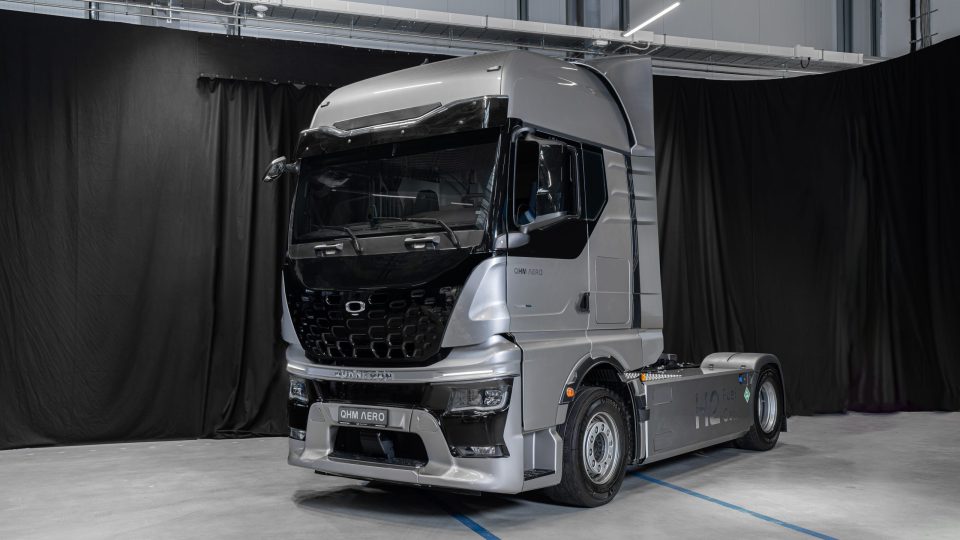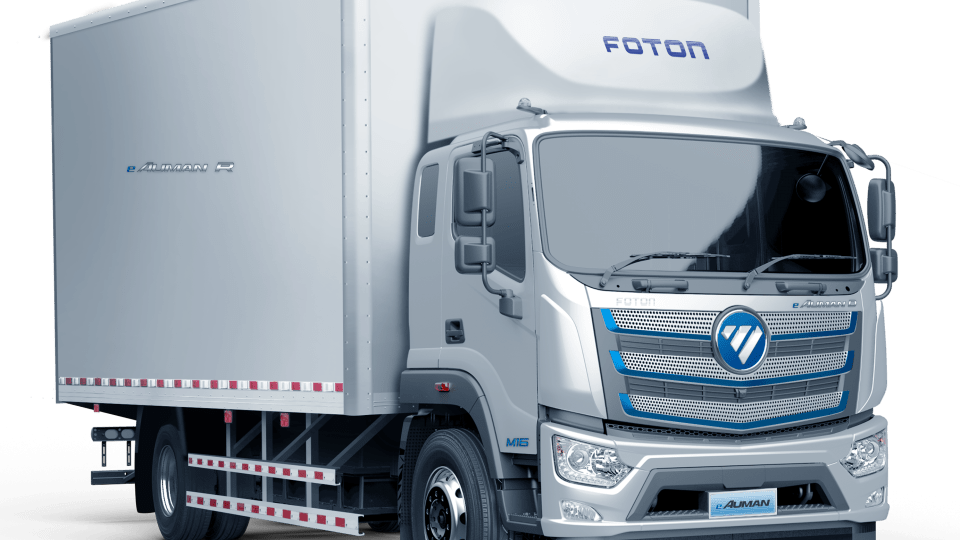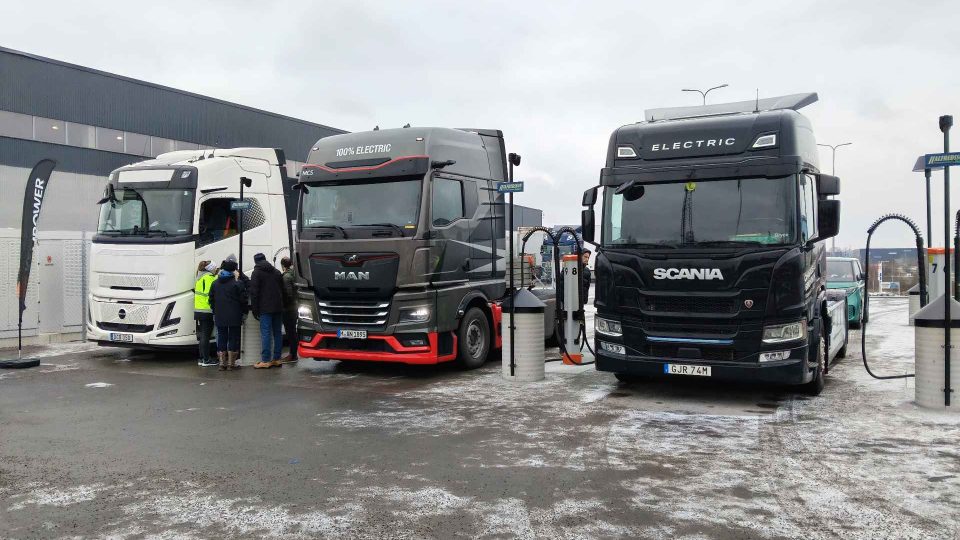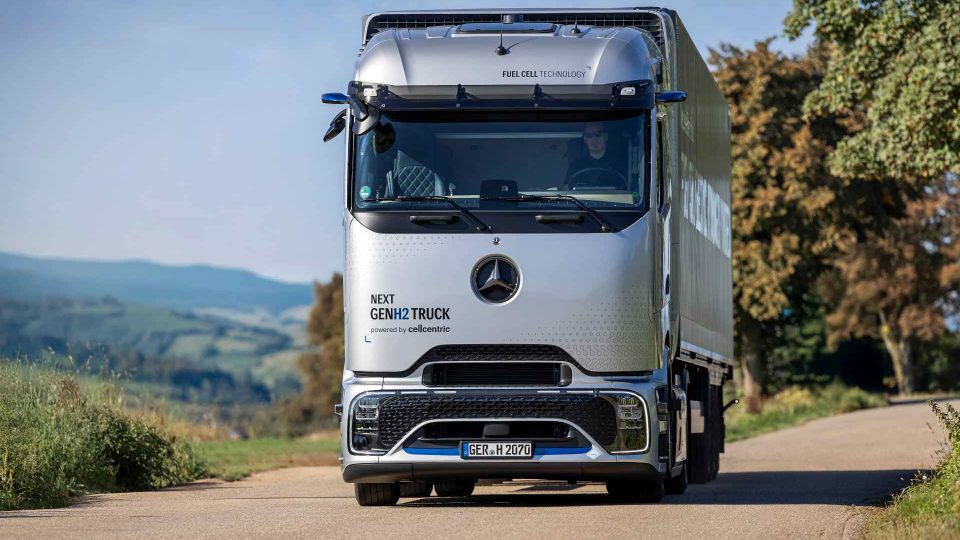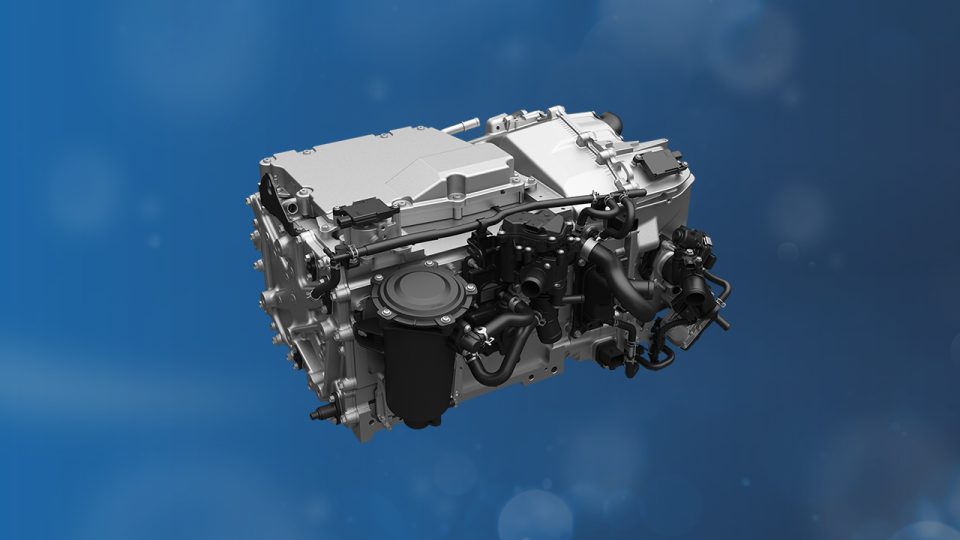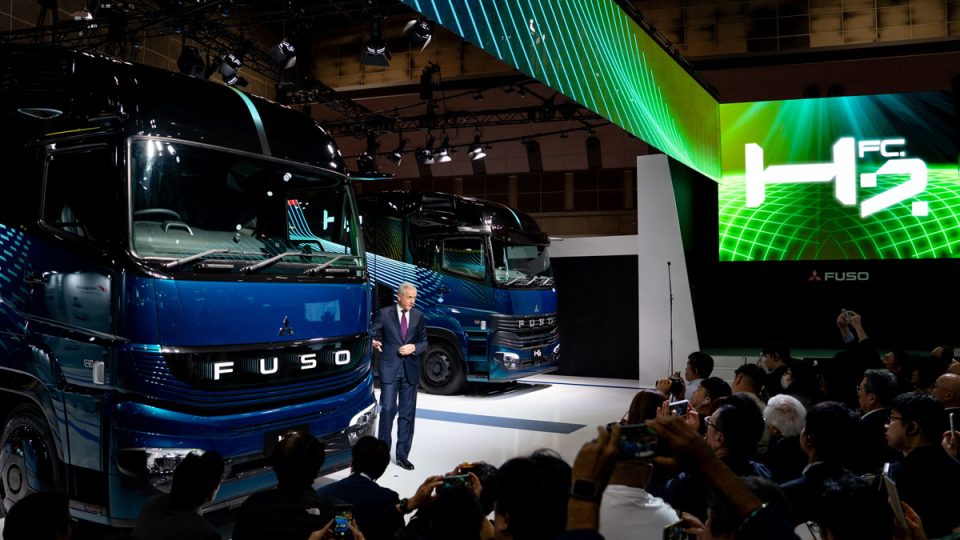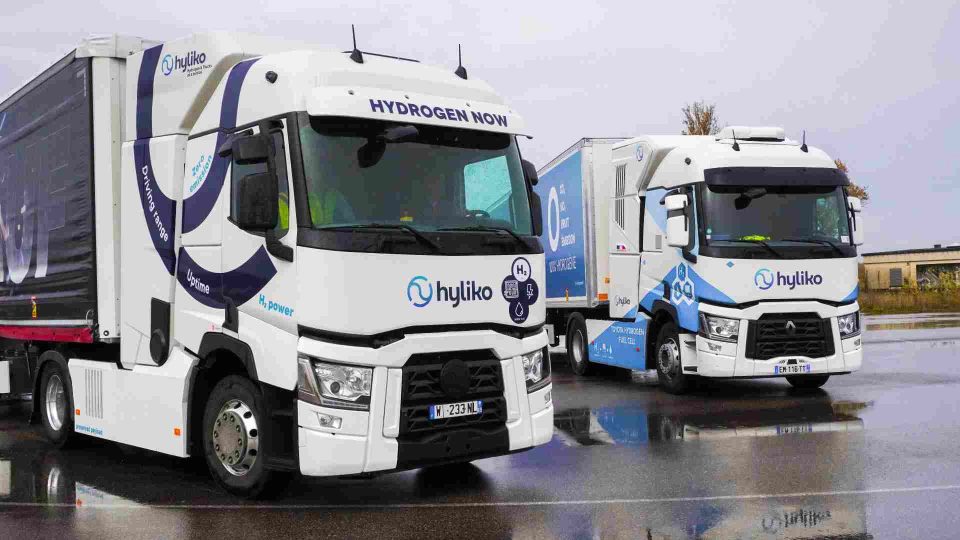Fuel cell trucks, Quantron light- and heavy-duty models (with Ballard modules) are ready for delivery
According to Quantron, an European customer already took delivery of the first five units with one unit having accomplished 15.000 km in daily operations in a trial with the customer. Both trucks are equipped with high-performance Ballard's FCmove fuel cell modules
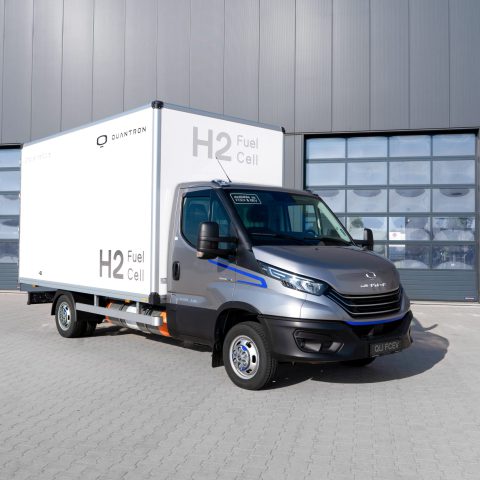
Quantron fuel cell trucks, namely the heavy-duty truck Quantron QHM FCEV and the light-duty truck Quantron QLI FCEV, are now ready for delivery. Both trucks are equipped with high-performance FCmove fuel cell modules, designed and manufactured by Canadian specialist Ballard Power System. The latter is also an investor in the Quantron project.
Since the announcement of the strategic cooperation in September 2021, the two companies have launched industry-leading developments. A notable feature of QUANTRON’s intelligent design is the complete integration of all fuel cell components into the frame structure of the QUANTRON QHM FCEV and the QLI FCEV, which means that no compromises have to be made in terms of trailer length and payload. According to Quantron, an European customer already took delivery of the first five units with one unit having accomplished 15.000 km in daily operations in a trial with the customer.
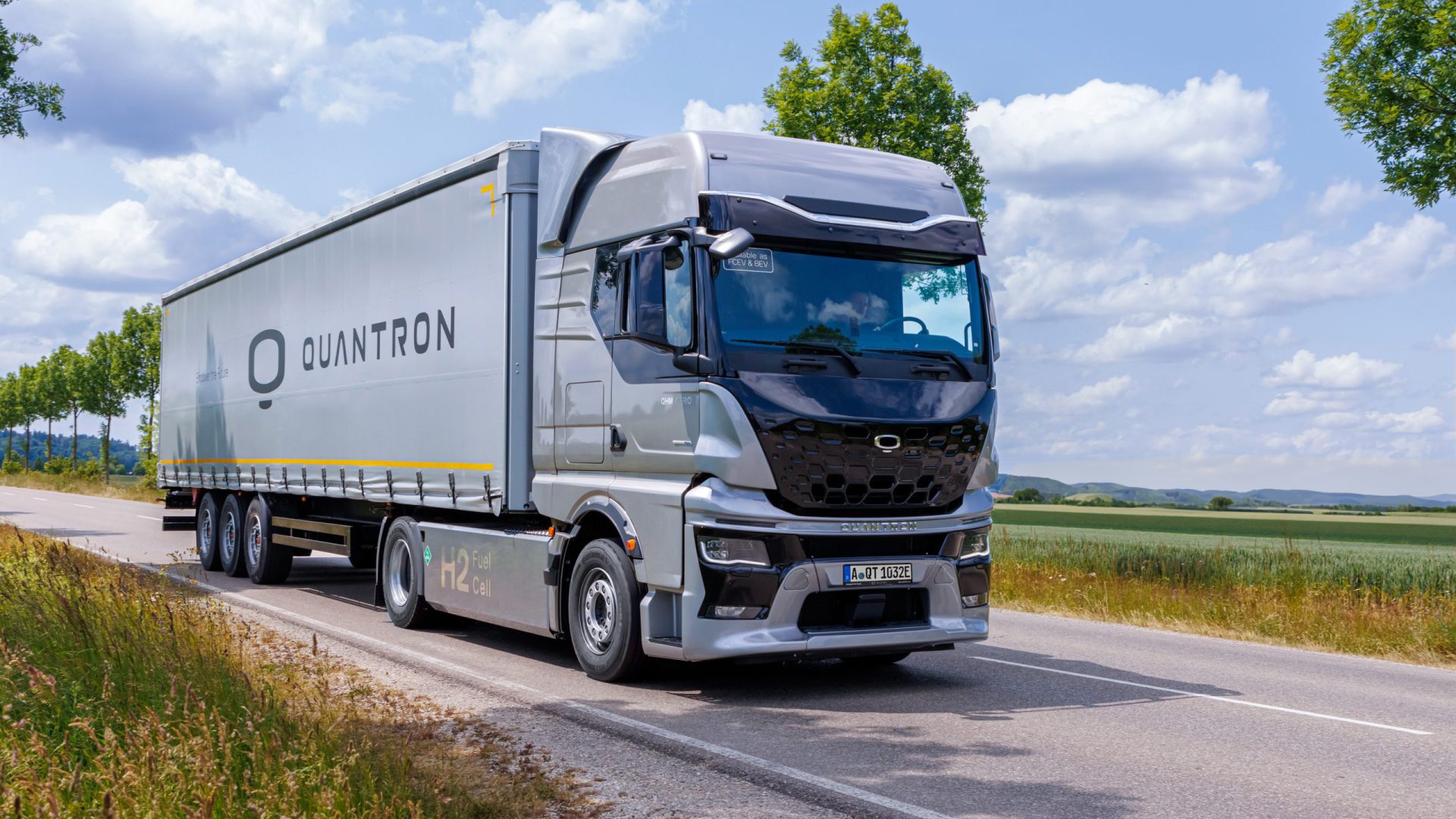
Quantron fuel cell trucks with Ballard modules
“We take immense pride in our accomplishment, having jointly developed market-ready FCEV vehicles. Both Ballard and QUANTRON mastered this in record time. This is not only first to market in the 7.5 t FCEV light vehicle segment, but we take the lead in the fuel cell technology market. We have an order and offer pipeline of up to 100 units”, commented Michael Perschke, CEO of Quantron AG.
Potrebbe interessarti
Quantron Days 2023, here’s the brand-new QHM FCEV Aero hydrogen heavy truck
“We’re excited to see the partnership with QUANTRON expand into the light-duty vehicle segment and increase fuel cell deployment into the critical last-mile transport market. Combining QUANTRON and Ballard’s respective technical strengths and market expertise, our teams are committed to accelerate the adoption of hydrogen mobility in the freight sector by bringing high-performing fuel cell engines to market”, added Randy MacEwen, CEO, Ballard Power Systems.



